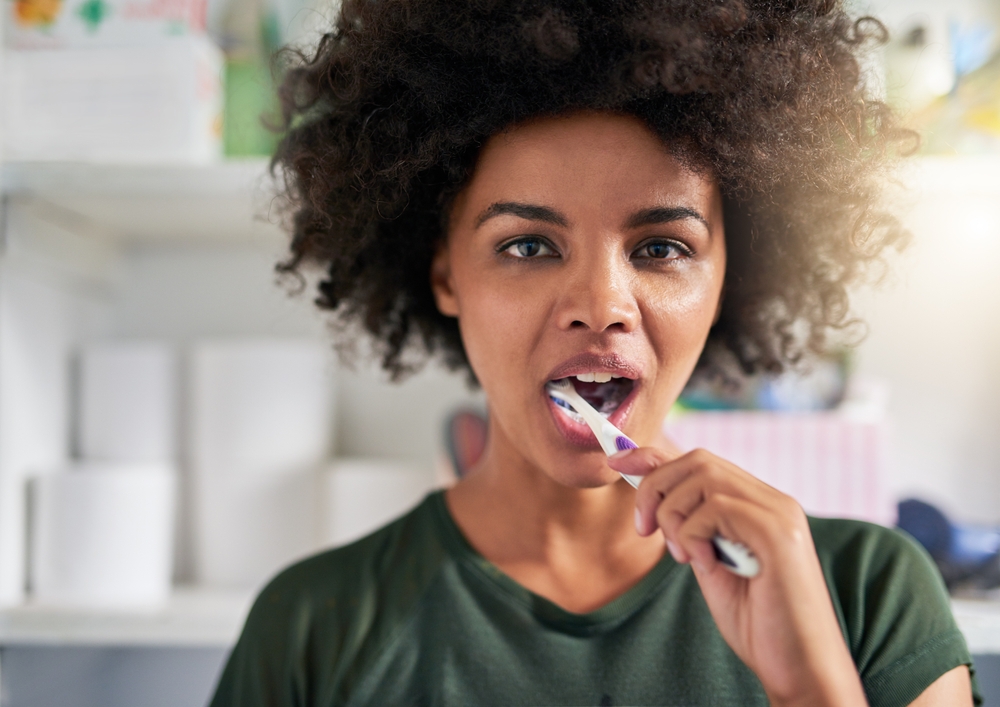Taking care of your teeth is an essential part of your overall health. Oral hygiene doesn’t only impact your smile—it is also intricately linked to your body’s functions, and neglecting it can have far-reaching consequences. Issues in the mouth can lead to serious conditions, from gastrointestinal problems to cardiovascular diseases.
For example, bacteria in the mouth can travel to the gut, causing dysbiosis or inflammation. Although stomach acid can kill most of these bacteria, some can survive and harm your intestines. Poor oral health may also increase the risk of heart disease. Research has shown that gum disease, also known as periodontitis, can elevate the risk of cardiovascular conditions, including strokes and heart attacks. Severe dental infections may even result in bacteria entering the bloodstream, leading to brain abscesses or meningitis. With proper oral hygiene, including regular brushing, many of these complications are preventable.
Is an electric toothbrush actually better for you?
When it comes to oral care, one of the most common debates centers on the choice between electric and manual toothbrushes. Many dental professionals suggest that electric toothbrushes are often more effective at plaque removal compared to their manual counterparts. They utilize oscillating, rotating, and pulsating motions to clean teeth, requiring less effort from the user while providing superior cleaning.
Electric toothbrushes are especially beneficial for people with limited dexterity or those who face challenges using a manual brush. The built-in features of many electric toothbrushes make them easier to use, ensuring better overall care. Features like pressure sensors protect the enamel and gums by preventing users from brushing too hard, while timers encourage brushing for the recommended two minutes.
Are they worth the investment?
Electric toothbrushes can range in price from $30 to $300. Whether or not an electric toothbrush is worth the investment depends on individual needs and preferences. Many professionals believe that the benefits far outweigh the initial cost. A single cavity filling can cost around $150, meaning an electric toothbrush could potentially save you money in the long run by preventing dental problems.
However, it’s important to note the drawbacks. Electric toothbrushes require more maintenance than manual ones. For example, you should replace the brush head regularly, especially after illness, to prevent the transmission of germs. They do not replace the need for flossing or using a tongue scraper, which are crucial components of a full oral care routine.
Downsides of electric toothbrushes
Despite their numerous benefits, electric toothbrushes are not without their challenges. One significant downside is the inconvenience they present when traveling. Most electric toothbrushes require charging, and bringing the charger along can be cumbersome. Additionally, the vibrations from some electric toothbrushes may be uncomfortable for certain users, leading them to abandon their use.
Another downside is the mess that can occur when using an electric toothbrush. The high-powered bristles often cause toothpaste and saliva to splatter, making it harder to keep the area around your sink clean.
What to look for in an electric toothbrush
If you decide to go the electric route, there are two main types of brushes to choose from: oscillating and sonic. Oscillating toothbrushes rotate back and forth to remove plaque, while sonic brushes vibrate at high frequencies for a deeper clean.
When selecting an electric toothbrush, it’s essential to consider features that suit your personal needs. Look for models with built-in timers to help you meet the recommended brushing time, and pressure controls that protect your gums and enamel from excessive force. Some models even sync with smartphones, enabling you to track your brushing habits for better long-term care.
While these features can be helpful, remember that they are not essential for everyone. Focus on what will enhance your brushing routine, not on bells and whistles that you might not need. Many professionals recommend brands like Oral-B and Philips Sonicare, both of which carry the American Dental Association (ADA) seal of approval. Additionally, some U-shaped electric toothbrushes have been gaining attention due to their potential for deeper cleaning.
Conclusion
Good oral health starts with proper brushing. Electric toothbrushes offer a great way to enhance your dental care, but ultimately, it’s your consistency that makes the most significant impact. A combination of regular dentist visits, a balanced diet, and a reliable brushing and flossing routine is crucial for maintaining a healthy smile.












